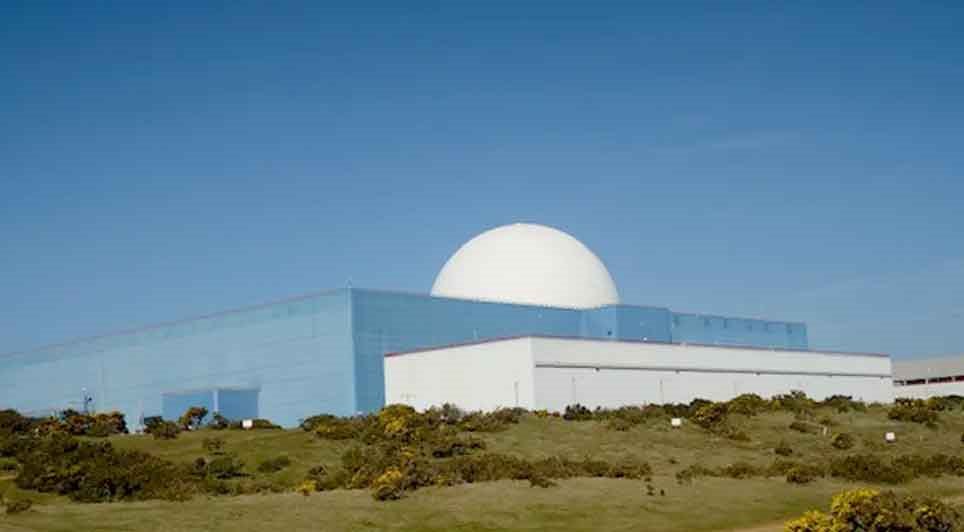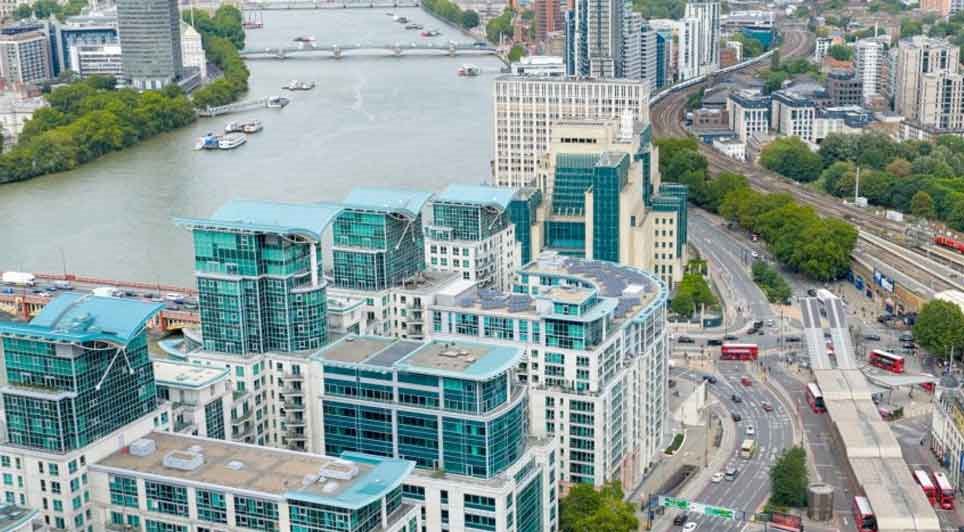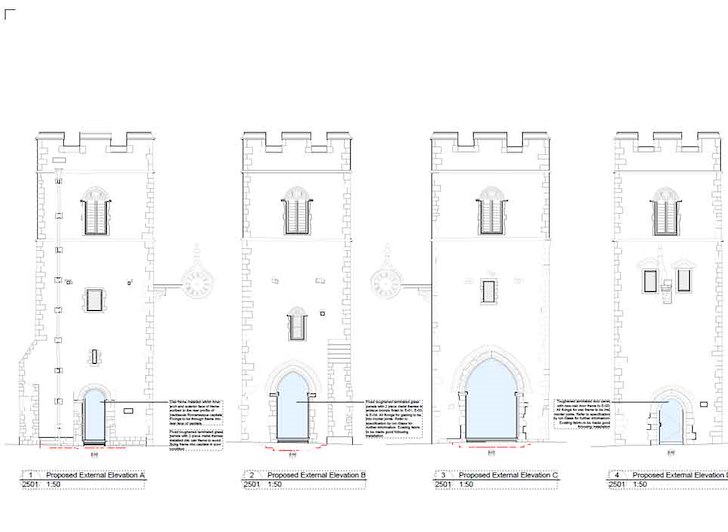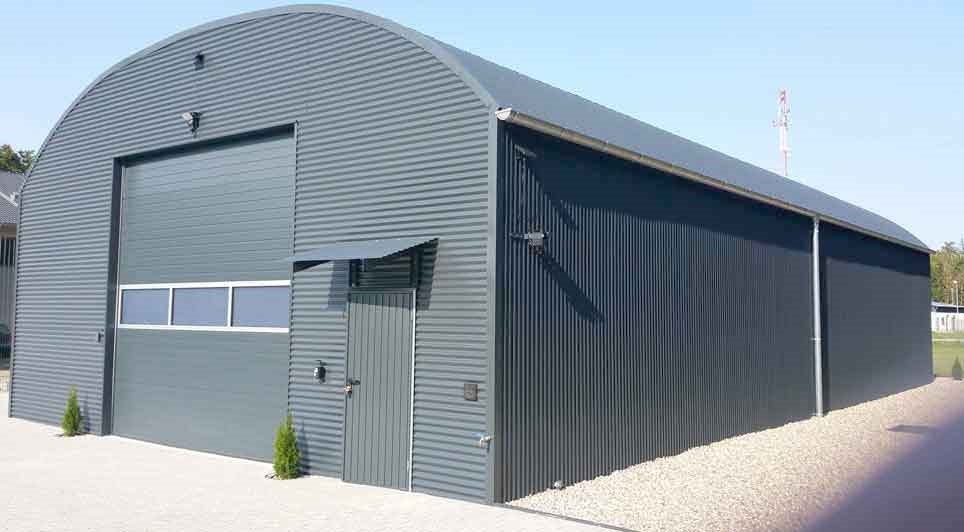Commercial buildings are scoring an average 'C' energy rating, according to early results from the introduction of Energy Performance Certificates (EPCs) to the commercial sector.
Since the introduction of EPCs in 2007 nearly 800,000 buildings have had an energy assessment.
As part of the phased introduction of EPCs, the Government is today extending the certificates to business premises over 2,500m2 when built, sold or rented - so more businesses will get the same information to cut carbon emissions and reduce fuel bills.
The certificate is one of the measures being introduced to improve the energy efficiency of 25 million non-domestic buildings and meet carbon emission reduction targets. Each certificate gives information on the energy efficiency of a building, a rating from A-G - similar to those found on products such as fridges - and recommendations for improvement.
Housing Minister Iain Wright said: "We all recognise the serious and real threat of climate change. A major part of our response must be around improving the energy efficiency of buildings. Buildings are responsible for almost 50 per cent of the UK's energy consumption and carbon emissions.
"We have a long way to go, but EPCs are a starting point for businesses to get clear information on how they can save money on their fuel bills and cut carbon emissions too. It is important that this should be available to prospective buyers and tenants of all commercial buildings so we look forward to extending EPCs to the rest of the sector in October. Smaller businesses need to be thinking now about how they could be affected and what they need to do to get ready.
"If government and business - landlords and tenants, employers and employees - work together, the UK could save 40 million tonnes of carbon by 2020.1."
(CD/JM)
 UK
UK Ireland
Ireland Scotland
Scotland London
London





















